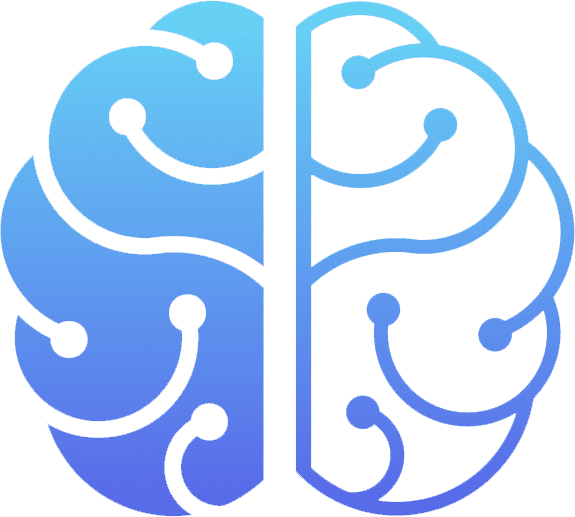Special education refers to a continuum of services to help students (ages 5-21) with unique needs/disabilities learn. Special education provides students the opportunity to get quality education in line with their specific needs. Special education allows every student to become independent and reach their potential. Special education services are provided to students in the Least Restrictive Environment (LRE) while balancing individualized instruction and independence.
What is a disability?
There is a focus on neurodiversity and it is important to explore this topic further; however, it is important to understand the specific language around special education, which warrants a discussion about disabilities. To qualify for special education there needs to be a documented disability, so what does the word disability mean? According to the Centers for Disease Control and Prevention (CDC), a disability is any condition of the body and mind that makes it difficult for a person with the condition to accomplish certain daily activities (e.g., wash clothes, cook, pay attention in class).
A disability can affect a person’s:
- Vision
- Movement
- Thinking
- Remembering
- Learning
- Communicating
- Hearing
- Mental Health
- Relationships
What is the process to obtain an Indivdualized Education Program (IEP)?
The first step is for a parent and/or school personnel to make a referral to the special education team. This could be a letter stating the child’s name, academic concerns, and the request to initiate the special education process. Once the referral has been made and received by the special education team, then an initial planning meeting is set up between parents and school staff to discuss the academic concerns. Depending on the state, once the initial planning meeting is complete, the referral will either be accepted for testing or the case may be referred to the school-based intervention committee (e.g., I&RS, RTI, MTSS).
If the referral is forwarded to the school-based intervention team, then the committee will implement evidence-based strategies and collect data on the student’s performance to periodically evaluate progress. If the student continues to struggle with academics despite interventions and supports, the school-based committee can re-refer the student to the special education team and the process begins as previously mentioned with an initial planning meeting.
If the referral is accepted by the special education team then a determination of what specific evaluations (e.g., psychoeducational, speech-language, neurological) will be needed to address the academic concerns. The evaluations should be completed within a specific timeframe. Evaluations include the following components (this is general information and would be adjusted depending on the academic concerns): intellectual/cognitive testing, educational/achievement testing, social-emotional questionnaires/survey, observations, and interviews.
Once the evaluations are completed, the reports are shared with the family and an eligibility meeting is scheduled. At the eligibility, the special education team reviews their results and answers questions then the team will determine whether the student is eligible for special education (i.e., does the student represent with conditions that are causing a disability). If the special education team determines the student is not eligible for special education then the student will be referred to the school-based intervention team for additional supports. In contrast, if the special education team determines the student is eligible for special education then an IEP is granted. The IEP meeting can be completed directly after the eligibility meeting or they can be scheduled on a different day.
504 Accommodations Plan vs IEP
A simplified way of understanding the difference between a 504 plan and an IEP: both provide for accommodations, but only an IEP provides for specialized instruction for students in grades K–12, while a 504 plan can serve students at both the K–12 and college levels.
Special Education Educational Disability Classification Categories
A student must meet specific criteria under an educational disability classification category to receive special education services. Below are the educational disability categories:
For all preschool students: Preschool Student with a Disability
For school-age students:
- Autism Spectrum Disorder
- Deaf-Blindness
- Deafness
- Emotional Disturbance
- Hearing Impairment
- Intellectual Disability
- Multiple Disabilities
- Orthopedic Impairment
- Other Health Impairment
- Specific Learning Disability
- Speech or Language Impairment
- Traumatic Brain Injury
- Visual Impairment, including Blindness
What is an Individualized Education Program (IEP)?
An IEP outlines the special education instruction, supplemental aids and services, supports, and related services a student requires to be successful in school. The IEP is developed collaboratively by the IEP team, which includes the student’s parents, teachers, and school staff who are knowledgeable of the student’s needs.
Strategy vs. Accommodation vs. Modification
Important words to understand special education include strategy, accommodation, and modification. So many people use these words interchangeably as if they were the same, but they are separate.
Strategy- an effective instructional and/or behavioral practice (e.g., rewording a statement).
Accommodation- a change made to the teaching or testing procedures to provide a student with an equal opportunity to demonstrate knowledge and skills (e.g., sitting a student away from distractions).
Modification- a change in what the student is expected to learn or demonstrate (modified to reduce expectations or requirements). An example would be to have the student complete the odd numbers on a worksheet compared to completing all the items/questions.
Special Education Related Links
Centers for Disease Control and Prevention (CDC)- Disability and Health Promotion
United States Department of Education- Office of Special Education and Rehabilitative Services
New York State Department of Education- Special Education Law
New Jersey State Department of Education- Special Education Law
Pennsylvania State Department of Education- Special Education Law






